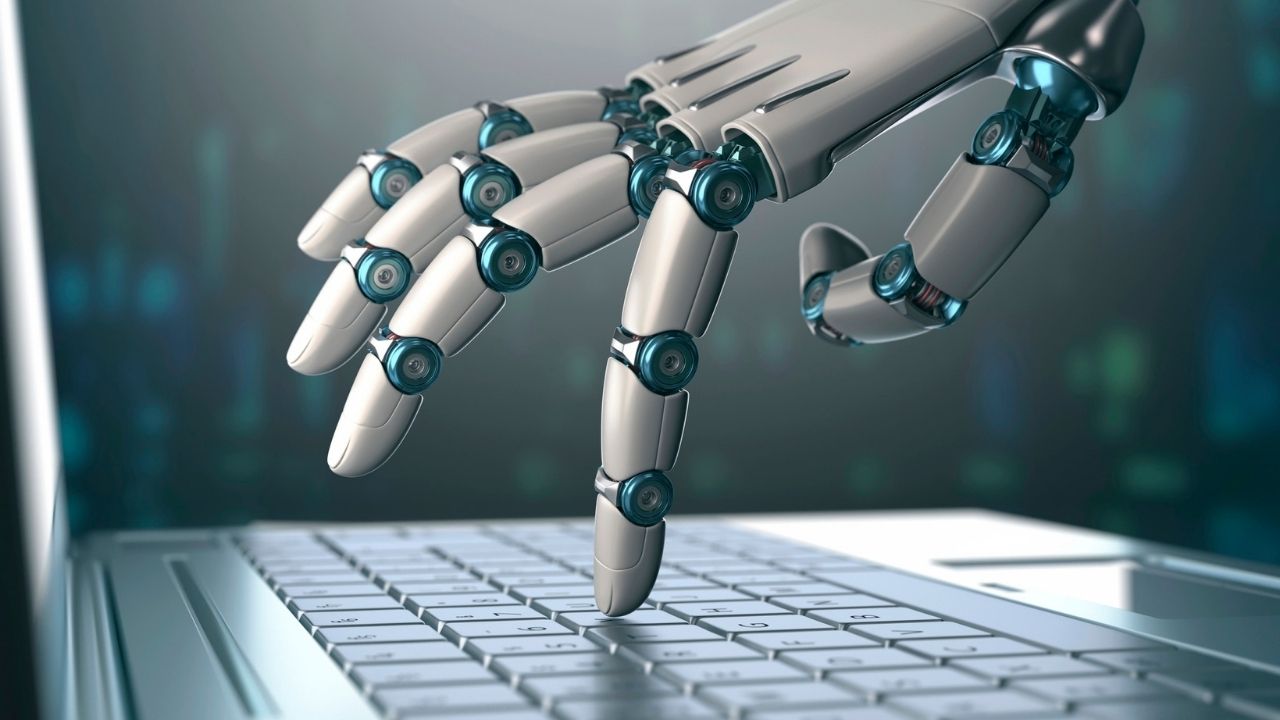Technology has embedded itself as a necessity in everyday life, but the workplace is experiencing the biggest benefit from these advancements.
The pandemic helped accelerate how society views technology, as well as solidified technology as an essential part of operating.
Here are technologies making the biggest impact on the future of the workplace.
Just a few years ago, AI and machine learning were viewed as distant advancements only accessible to the world’s biggest tech firms. However, this technology has quickly become part of everyday society through tools like Siri, fitness trackers, advertisement recommendations, and more.
In the workplace, AI has the ability to take over menial tasks and provide calculated predictions. While this may lead to the displacement of some jobs, it can also help create more jobs that require humans working alongside AI.
In tandem with AI is the emergence of human-computer interfaces, which create wearable devices that aim to help monitor human activity and improve overall health.
Tools such as smartwatches are a prime example of human-computer interfaces as they have the ability to track health-related data such as daily steps, time spent standing and exercising, and even provide mindfulness reminders throughout the day.
Extended Reality (XR) refers to the combination of virtual reality and augmented reality to create one of the most immersive digital experiences for users.
XR aims to help people experience the world in a new way, allowing consumers to try things before purchase, improving customer service responsibilities, bringing together distributed workplaces, and more. It also coincides with the emergence of the metaverse, which has gained traction in the last few months.
Although becoming more accessible, many XR tools like headsets are still expensive and awkward, so its widespread use will likely require several years of tinkering with design and cost.



 Dr. Gleb Tsipursky – The Office Whisperer
Dr. Gleb Tsipursky – The Office Whisperer Nirit Cohen – WorkFutures
Nirit Cohen – WorkFutures Angela Howard – Culture Expert
Angela Howard – Culture Expert Drew Jones – Design & Innovation
Drew Jones – Design & Innovation Jonathan Price – CRE & Flex Expert
Jonathan Price – CRE & Flex Expert










